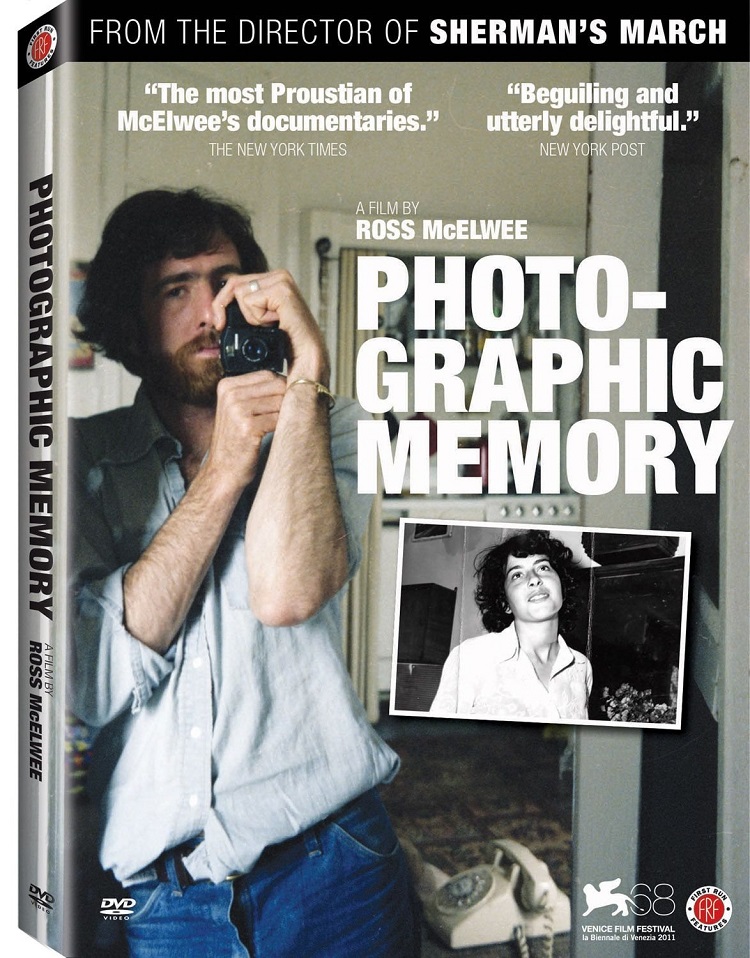
Documentary filmmaker Ross McElwee has built a well-regarded career on introspection, and it’s no different with his latest, Photographic Memory, a diary film that features McElwee’s attempts to understand his sullen twentysomething son, Adrian. Like in previous McElwee films, the thesis of Photographic Memory is fractured, sending the film’s concerns in seemingly opposing directions. In hopes of better understanding Adrian, McElwee travels to the small French village of St. Quay-Portrieux, where he spent some of his similarly formative years, but there, his attention is refocused on several key figures in his past.
Photographic Memory could be an immensely frustrating film for viewers not keyed into McElwee’s particular brand of navel-gazing. Admittedly, his near-constant stream of narration tends toward the ponderous and pretentious. Still, the sum effect of this personal diary/slow-burn detective story/examination of memory and the way images shape it is moving and fascinating.
The third element of that unwieldy description is certainly the most intriguing. As a confessional, the film mines expectedly uncomfortable territory as McElwee turns the camera on his son and himself. As a de facto mystery, the film plods a bit as McElwee searches for a photographer and mentor he once assisted and a brief romantic fling in St. Quay-Portrieux. But, as an essay on memory and the photographic objects that freeze moments in time, the film is appealingly beguiling. McElwee’s still photographs from when he was a young man are an analog analogue to Adrian’s ski videos and experimental shorts — the common bond between father and son as image-maker is resoundingly clear even if it seems there’s a vast emotional gulf.
It’s this aspect that makes McElwee’s relationship with Maud, the former French lover who he briefly lived with, so interesting. McElwee is fixated on a single photograph of her as a young woman, and it seems to function as the lifeblood of his memory of her. Details of their relationship escape him, but that image seems to be seared into his brain. There’s a telling moment during his search for her when he learns that the photo — a casually intimate candid — was actually taken by Maurice, the former mentor he’s also looking for. This revelation might just redefine his relationship with Maud even more than their actual meeting, when McElwee discovers a reluctant, somewhat downtrodden woman who bears little resemblance to the photo.
The thematic connection between McElwee’s relationship with his son and with his past can feel fairly tenuous at times, but the free-associative nature of the film isn’t unpleasant by any means. Photographic Memory isn’t an essay with any definitive conclusions, but it holds together better than it might seem simply based on its description.
The First Run Features DVD of the film includes a gallery of photos taken by McElwee, along with information on First Run’s releases of the director’s other work.